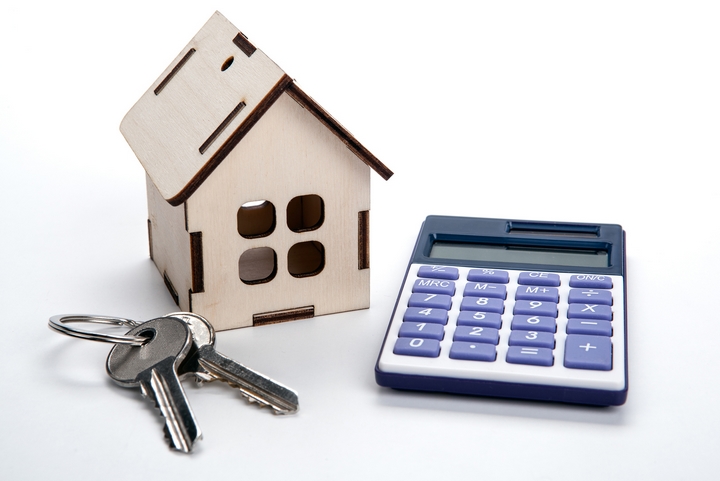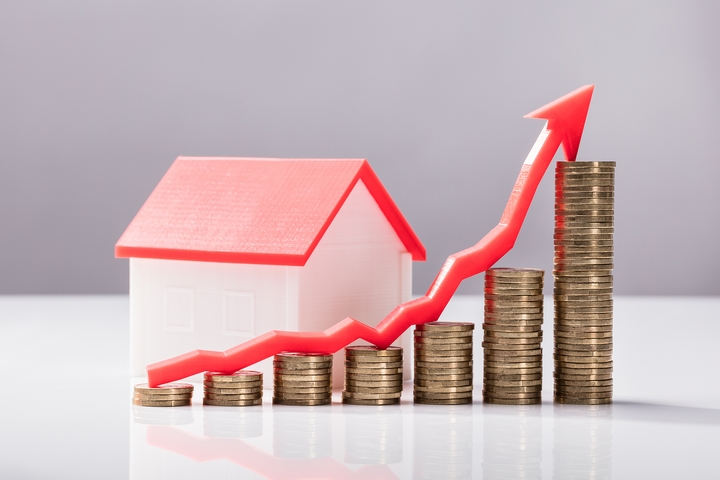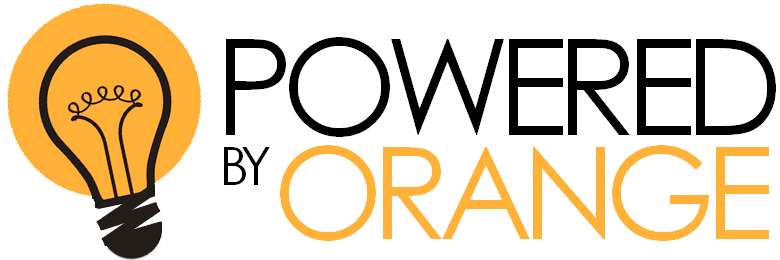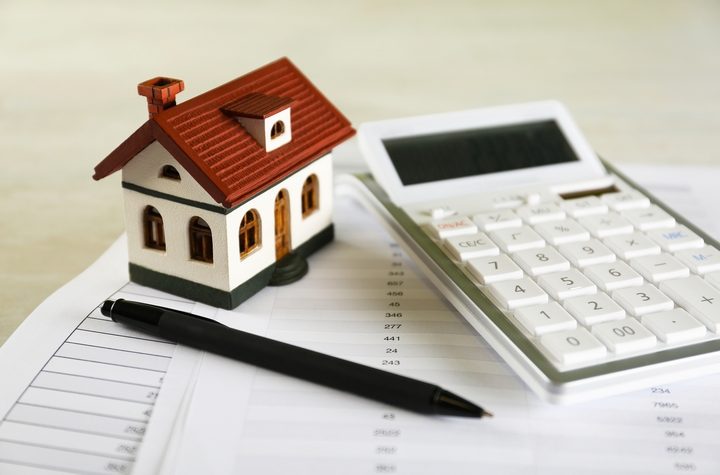For the majority of Canadians, home ownership will be the biggest financial investment that they make. It’s a major source of equity, although a fire, vandalism, or other types of damage can be rendered costly to repair. In the event that something happens where you have significant replacement costs ahead, insurance can step in and help.
Choosing the right insurance coverage is critical to ensuring your physical home, personal property, and use is protected. Unfortunately, many people end up underinsuring themselves in an effort to keep insurance payments low. This may not be the right approach. As long as you are working with an experienced insurance broker, you should be able to find the best and most affordable insurance coverage for your house.
Many homeowners have a lot of questions about how to insure a house properly. If you are new to home insurance, here are the answers to eight of the most frequently asked questions:
1. Is home insurance absolutely mandatory?

No, home insurance is not mandatory. Let’s be clear in stating that home insurance is not mandated by law. Despite that, some mortgage holders and banks may ask you to get home insurance and give proof prior to lending you the money to purchase your property. If this is the case, the choice is already made.
2. What does home insurance cover?

Home insurance coverage does vary from one policy to the next. In essence, home insurance will cover the physical property itself, its contents, and protect you, your spouse or partner, and your children from personal liability pertaining to property damage. If you’re renting out a part of your home and/or sharing your home with a relative, please note you must disclose this to your insurance representative.
3. How much is home insurance?

As stated, this varies policy to policy and insurer to insurer. A recent 2019 survey on the average home insurance cost for Canadians, for a home valued between $100,000 and $700,000, determined that it was between $74 and $78 monthly.
4. How are home insurance premiums calculated?

Home insurance premiums calculate the probability you may suffer a claimable loss. This is determined by factors such as neighborhood crime, location, city or rural, fire and security safeguards, condition and age of the home, materials used to build the home, any past claims, your credit score, the requested deductible amount, and of course, the amount of coverage wanted.
Different insurers may use different factors to calculate a home insurance premium. To your benefit, shop around a little bit to see what the best premium is for your needs. It doesn’t hurt to ask a couple insurers at least on what they would charge for a premium, just to get a sense of what’s available.
5. When do you need to contact your insurance provider?

If there are any recent home changes, it is your responsibility to advise your insurance provider. There’s a lot that can impact your insurance coverage, which is why it’s imperative to contact your insurance professional any time your property experiences a major change.
These change include any renovations you may have completed, installing a pool or sauna, if you’re leasing a percentage of your home, and/or if you’ve established a home business such as a daycare. The insurance provider wants to have accurate, up-to-date information which helps in the event of a settlement after a loss.
6. How do you minimize your home insurance cost?

Let’s say you can’t afford all the coverage you’d like to have and have to make some tough decisions. You first want to ensure any rebuilding costs are covered – a priority. If you’re living somewhere where you believe there’s a risk of severe weather, confirm accurate replacement value.
Every year, review your home inventory when the policy renews to ensure what you’re getting is fair to what you have. Lastly, for any fine art, jewelry or similar valuables, consider a separate policy altogether.
7. Does home insurance go up every year?

You may notice many home insurance policies increase in cost year after year, similar to how utility bills have increased throughout the past few decades. This is due to inflation, higher cost of doing business, and other factors. This is very common.
If you’re struggling with the costs of insurance, it doesn’t hurt to shop around. Alternatively, if this is your first policy, ask and take all available discounts. There are several out there though not everyone qualifies for them. Depending on the circumstances of your home purchase, you may be able to shave off a percentage of your monthly bill.
8. Do I really need home insurance?

Well, in short, no you don’t need home insurance. You should really, really want it though. If something damages your property and you don’t have home insurance, that’s financial investment lost. If someone gets injured on your property and you don’t have insurance, you’re responsible and that opens up a whole other can of worms.
Let’s say, your home becomes unlivable due to a theft or weather event, you’re also out of luck if you’re not covered. Home insurance resolves so much worry! It’s not legally required but even the base coverage is better than nothing.




